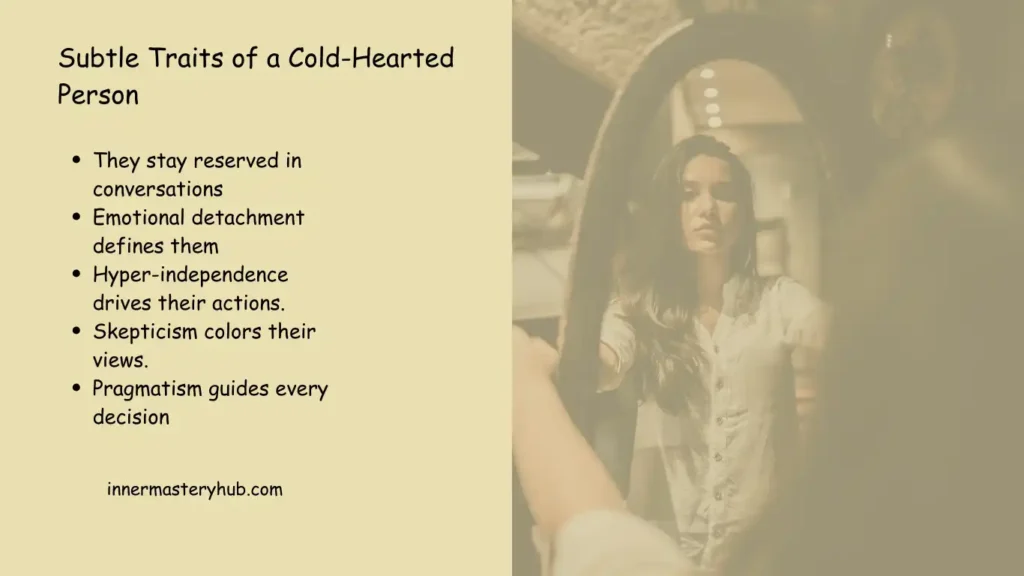Ways a Psychology Degree Helps You Understand and Support Mental Health

Understanding emotional challenges and the skills needed to address them has become increasingly important.
Academic psychology degree programs centered on human development and behavioral studies equip individuals with tools to analyze emotions, thoughts, and interpersonal interactions. These programs provide theoretical knowledge and practical skills to help address personal and societal challenges.
Students develop a comprehensive foundation by delving into concepts like growth stages and social dynamics. This foundation prepares them for roles in caregiving, support services, and community guidance, empowering them to make meaningful contributions in various professional paths.
Here’s how you can understand and support mental health concerns in your community and career:
Enhancing Awareness of Emotional Challenges Affecting Well-Being
A deeper exploration of human behavior fosters a strong understanding of factors influencing emotional challenges, interpersonal challenges, and societal dynamics. Educational programs offer insights into identifying patterns that may lead to stress or hardship, equipping learners with tools to respond effectively.
For example, trained counselors can recognize signs of burnout or social withdrawal in individuals and take proactive measures to assist them. Moreover, this awareness extends beyond formal caregiving roles, enriching interactions in personal relationships.
Skills like active listening and empathetic communication, often honed through academic programs, enhance one’s ability to connect with others on a deeper level.
Comprehensive Understanding of Human Behavior
Academic programs in human development thoroughly examine behavioral trends, decision-making processes, and social interactions. Students gain expertise in analyzing behavioral data, interpreting studies, and applying this knowledge in diverse real-world contexts.
By mastering research methodologies and critical thinking, learners become adept at understanding complex human interactions. The bachelor’s in psychology and human development program emphasizes practical application, integrating internships and community projects into the curriculum.
Graduates can use this training to address behavioral challenges, develop tailored interventions, and contribute to community-focused initiatives or research projects, bridging the gap between academic theory and practical solutions.
Applying Knowledge in Therapy and Counseling
Studying cognitive and emotional sciences lays the groundwork for those interested in guiding others through personal challenges. Therapists rely on evidence-based techniques to assist individuals in overcoming difficulties like stress, family conflicts, or workplace dissatisfaction.
For example, counselors use cognitive-behavioral therapy to help clients identify and modify negative thought patterns that may affect their daily lives. This approach empowers individuals to develop healthier perspectives and coping mechanisms.
Beyond structured therapy, this understanding extends to roles in guidance counseling or peer support groups, where foundational knowledge of human behavior proves invaluable in fostering positive outcomes for diverse populations.
Supporting Communities as a Social Worker
Social work is a dynamic field where behavioral trends and development knowledge are applied to address societal issues. Social workers often support individuals dealing with economic instability, housing challenges, or familial conflicts, leveraging their education to design impactful interventions.
For instance, they may work with youth programs, helping teenagers navigate academic or social pressures while fostering self-confidence and resilience. Additionally, their expertise in understanding group dynamics allows them to mediate conflicts and promote inclusivity in communities.
Social workers provide resources and empower individuals to regain independence and improve their quality of life.
Advancing Research on Emotional Challenges and Cognitive Health
Research provides an avenue for individuals passionate about exploring solutions to cognitive and emotional challenges. Psychologists and researchers play pivotal roles in studying areas like neurodevelopment, stress responses, and behavior modification.
For example, a research psychologist might examine how childhood experiences shape adult decision-making patterns or how social media impacts emotional regulation. The results of these studies can influence therapeutic practices, inform public policies, and guide educators in adopting more effective teaching strategies.
This work ensures continuous improvement in approaches to addressing behavioral challenges, helping professionals in various fields apply evidence-based insights effectively.
Promoting Well-Being in Educational Settings
A strong foundation in psychology and human development allows individuals to support others in academic environments. School counselors, for instance, use their expertise to help students navigate academic pressures, social challenges, and personal struggles.
By applying developmental theories, they can identify early signs of emotional or behavioral challenges and create tailored strategies to help students thrive.
Child psychologists often collaborate with educators to design inclusive learning environments, ensuring all students feel valued and supported. These roles are critical in fostering a supportive academic culture where students feel encouraged to grow emotionally and intellectually.
Educational professionals equipped with this knowledge can also assist parents and teachers by offering workshops or resources to strengthen communication and foster collaboration.
By bridging the gap between families and schools, these specialists help create a cohesive support system for children and adolescents, laying the groundwork for long-term growth.
Advocating for Emotional Support in Healthcare Settings with a Psychology Degree
In clinical environments, professionals trained in human behavior play a vital role in bridging the emotional challenges and physical aspects of caregiving. Clinical psychologists, psychiatric technicians, and behavioral specialists work alongside medical teams to support individuals dealing with significant challenges.
For example, they may provide counseling to individuals adjusting to life-altering diagnoses or undergoing rehabilitation. Their understanding of behavior and development enables them to craft personalized strategies that enhance resilience and adaptability.
These roles extend beyond one-on-one support, as professionals may also contribute to designing programs aimed at improving the overall experience of care. Their efforts help create environments where emotional well-being is prioritized, promoting holistic recovery. The integration of such expertise in healthcare ensures that individuals receive comprehensive support tailored to their unique circumstances.
Bridging Gaps Through Community Outreach and Emotional Challenges
Community-based roles provide opportunities to address societal challenges and promote inclusion. Professionals with expertise in human development often lead public awareness campaigns, organize support groups, or advocate for underserved populations.
For example, community psychologists may focus on reducing stigma around emotional well-being by developing educational programs or workshops.
Advocates working in nonprofit organizations or government agencies use their knowledge to influence policies and allocate resources effectively. By understanding the diverse needs of communities, they craft programs that empower individuals to overcome barriers and build stronger support networks.
Their efforts play a crucial role in fostering inclusive communities where everyone has the opportunity to thrive.
Pursuing an academic foundation in human development and behavior opens doors to diverse opportunities for making a positive impact. From guiding individuals through personal challenges to advocating for societal change, these roles address a broad spectrum of needs.
By applying theoretical knowledge to practical solutions, graduates enhance their understanding and contribute to the growth and resilience of the communities they serve. For those passionate about understanding and supporting others, this path offers personal fulfillment and the chance to create meaningful change.






